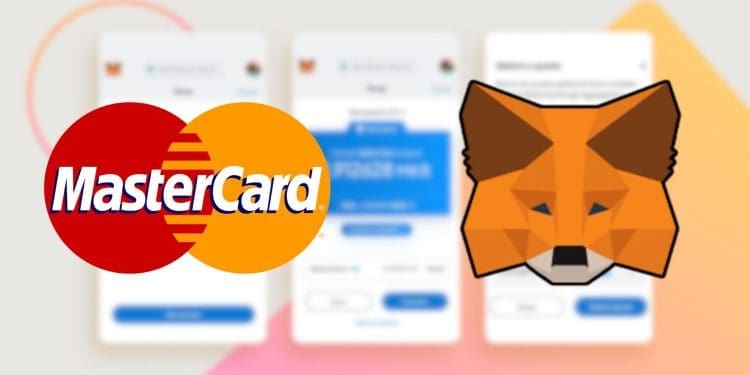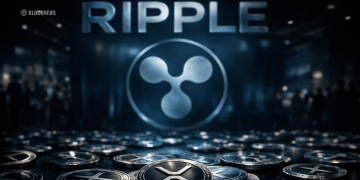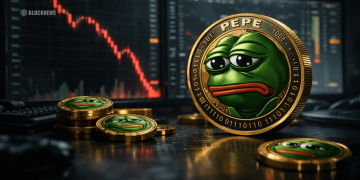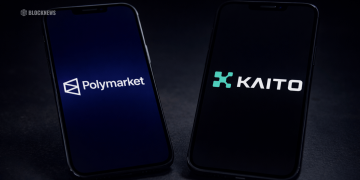- MetaMask is launching a debit card in partnership with Mastercard that allows direct spending of cryptocurrency
- The MetaMask card is the world’s first Mastercard debit card that enables instant spending directly from your self-custody wallet
- A pilot version of the card is set to launch to a limited group of users in the EU and UK
Crypto wallet provider MetaMask has announced an exciting new partnership with Mastercard to launch a debit card that enables direct spending of cryptocurrencies. This integration of blockchain and traditional finance marks a major milestone for cryptocurrency adoption.
Launch Details
MetaMask revealed that the new debit card will first launch in a limited pilot to users in the EU and UK. The card is designed to bridge the gap between holding cryptocurrencies and real-world spending. Users will be able to instantly convert their crypto to fiat currency when making purchases with the card.
The MetaMask card will be the first Mastercard debit card that links directly to a self-custody wallet rather than a bank account. This gives users more freedom and control over their crypto assets while enabling seamless spending.
Industry Impact
The crypto market has rapidly matured in 2022, with major developments like the approval of Bitcoin and Ethereum ETFs in the US. The MetaMask partnership represents a further step towards mainstream integration.
Mastercard is one of the largest payment networks with over 11 billion cards in circulation globally. The company’s collaboration with MetaMask brings crypto closer to the average consumer.
According to MetaMask’s Senior Product Manager, the card is a “paradigm shift” that combines the best aspects of crypto and traditional banking. Users no longer need to cash out to fiat in order to spend their assets.
The MetaMask card has the potential to dramatically accelerate real-world cryptocurrency adoption. Seamless integration and ease of use will lower barriers to entry for new crypto users. The partnership is a validation of the progress made in maturing digital asset markets.














